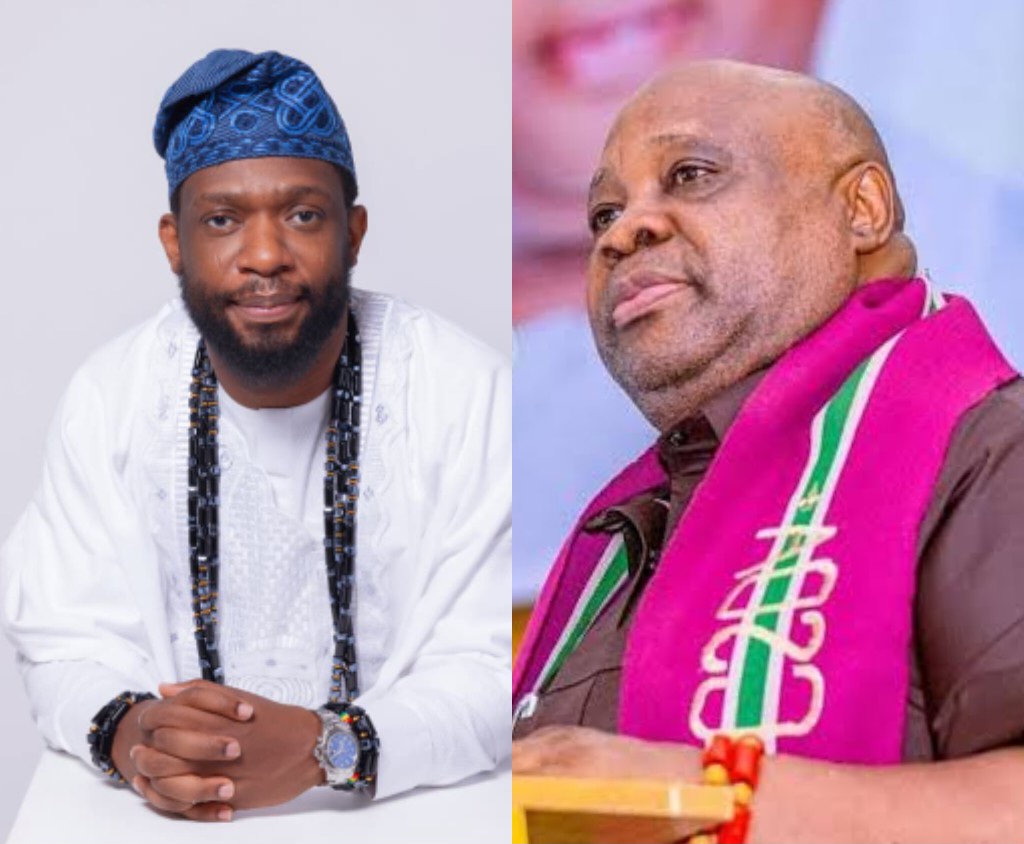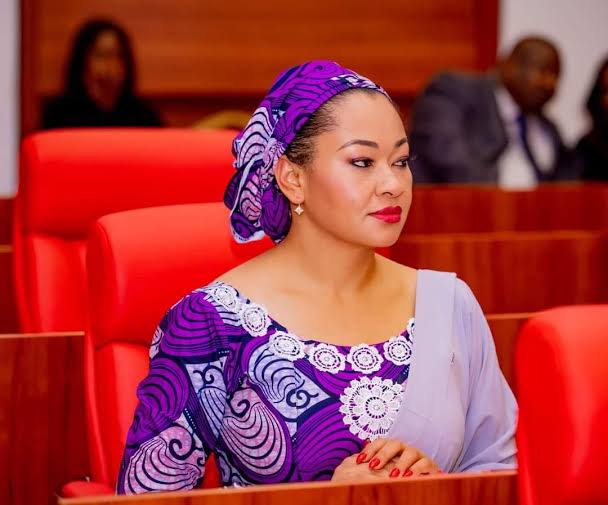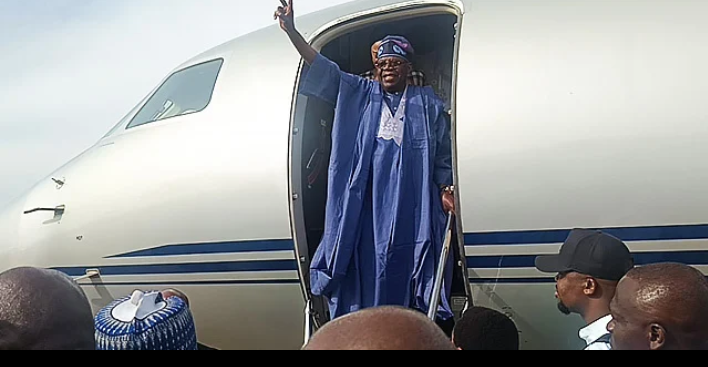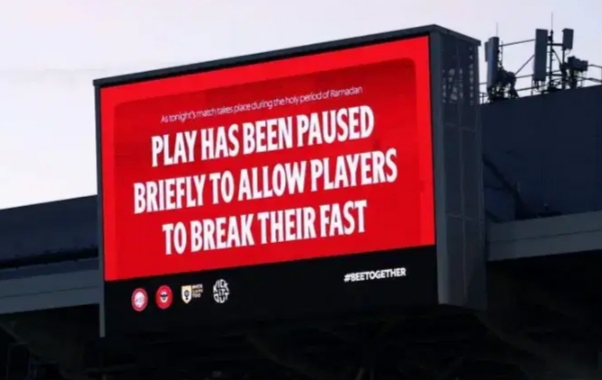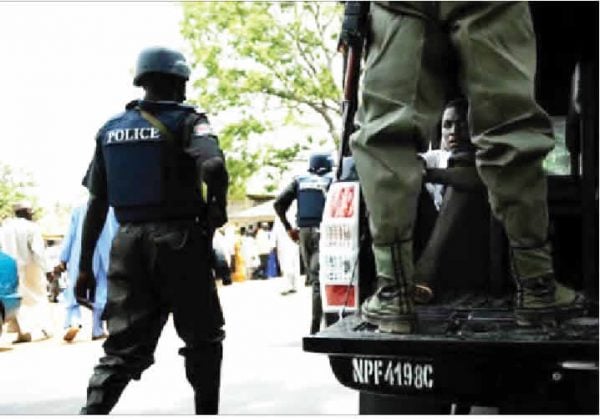Rival factions battled across Libya’s capital, Tripoli on Saturday in the worst fighting there for two years as an eyewitness said forces aligned with a parliament-backed administration moved on the city to try to take power.
Reuters reports that the Tripoli government’s health ministry gave a preliminary death toll of 12 people, with 87 injured, but did not say how many were civilians or fighters.
Sustained fighting in the city over the control of government would likely plunge Libya back into full-blown war after two years of comparative peace that brought an abortive political process aimed at holding national elections.
A months-long standoff for power in Libya has pitted the Tripoli-based Government of National Unity (GNU) under Abdulhamid al-Dbeibah against a rival administration under Fathi Bashagha that is backed by the eastern-based parliament.
Clashes erupted overnight as one of Tripoli’s main groups assaulted a base held by another, witnesses there said, leading to hours of shooting and blasts.
The fighting intensified later on Saturday morning, with small-arms fire, heavy machine guns and mortars deployed in different central areas. Columns of black smoke rose across the Tripoli skyline and shooting and blasts echoed in the air.
Intense clashes later began in Janzour, on the coast road west of Tripoli and a possible access point for some forces aligned with Bashagha, people working in the area said.
An eyewitness meanwhile said a convoy of more than 300 vehicles affiliated with Bashagha had set off from Zlitan, about 150km (90 miles) east of Tripoli along the coastal road. Bashagha has been based for weeks in Misrata, near to Zlitan.
To the south of Tripoli, video circulating on social media, which Reuters could not authenticate, purported to show forces of another Bashagha-aligned commander entering the Abu Salim district. Witnesses near Abu Salim said there was heavy shooting in the area.
The GNU health ministry said several hospitals and health centres had been hit in the fighting.
The United Nations Libya mission called for an immediate halt in fighting and voiced concern at shelling in civilian districts.
There are fears that continued violence in Libya could have spiraling effects on neighbouring African countries down to the West and could worsen the already precarious arms proliferation situation.
Libya has had little peace since the 2011 NATO-backed uprising that ousted Muammar Gaddafi and it split in 2014 between rival eastern and western factions, dragging in regional powers. Libyan oil output, a main prize for the warring groups, has repeatedly been shut off during the years of chaos.
An offensive in 2019 by eastern commander Khalifa Haftar, backed by the eastern-based parliament, collapsed in 2020 leading to a ceasefire and a U.N.-backed peace process.
The truce included setting up Dbeibah’s GNU to govern all of Libya and oversee national elections that were scheduled for last December but were abandoned amid disputes over the vote.
The parliament said Dbeibah’s mandate had expired and it appointed Bashagha to take over. Dbeibah said the parliament had no right to replace him and he would step down only after an election.
Bashagha attempted to enter Tripoli in May, leading to a shootout and his departure from the city.
Since then, however, a series of deals have brought realignments of some armed factions within the main coalitions facing off around Tripoli.
Advertisement


